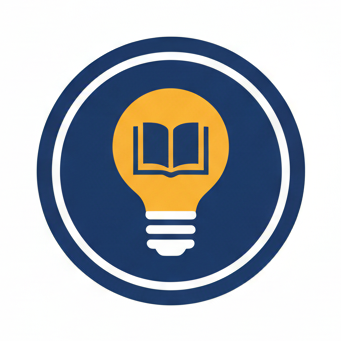The WAEC Civic Education Syllabus for 2026 is designed to help candidates fully understand the major civic concepts they will be tested on in the West African Senior School Certificate Examination (WASSCE). This syllabus prepares students not only for the exam but also to become responsible, informed, and active citizens in society.
If you’re preparing for Civic Education in the 2026 WAEC exam, this guide breaks down everything you need to know, topics, objectives, expectations, and recommended areas of study.
⭐ What the Civic Education Syllabus Aims to Achieve
WAEC created the 2026 Civic Education syllabus to help students:
- Understand their rights, duties, and responsibilities as citizens.
- Develop good values, attitudes, and civic behaviour that promote national development.
- Gain knowledge about democracy, governance, and rule of law.
- Appreciate cultural diversity and respect for other people.
- Learn how to contribute positively to community and national development.
- Understand modern issues such as corruption, drug abuse, insecurity, population challenges, ICT, and globalization.
The syllabus prepares students for real-life citizenship not just exam success.
📚 Main Sections of the WAEC Civic Education Syllabus 2026
The syllabus covers three major themes, each containing several topics:
1. Citizenship and National Identity
This section helps students understand who a citizen is and how citizenship works.
Key topics include:
- Meaning and Types of Citizenship
- Rights and Duties of Citizens
- National Values (Integrity, Discipline, Contentment, Tolerance, Cooperation)
- National Symbols and Their Meanings
- Nationalism and Patriotism
- Democracy and Rule of Law
- Human Rights: Protection and Abuse
- Law Enforcement Agencies and Their Roles
2. Government, Governance, and Political Development
Here, students learn how society is governed and how political structures operate.
Topics include:
- Structure and Functions of Government
- Arms of Government
- Democracy and Democratic Institutions
- Electoral Processes and Voter Responsibilities
- Political Parties and Leadership
- Public Service and National Development
- Constitution and Constitutionalism
3. Contemporary Social, Economic, and Global Issues
This section focuses on problems affecting society today and how to address them.
Common topics include:
- Cultism and Drug Abuse
- Corruption and Anti-Corruption Measures
- Human Trafficking
- Environmental Problems and Protection
- Population and Family Life Education
- Information and Communication Technology (ICT)
- Globalization and Its Impact
- Security Challenges and National Security Agencies
RELATED POSTS:
WAEC Syllabus for Geography 2026
WAEC Syllabus for Economics 2026
WAEC Syllabus for Physics 2026
WAEC Syllabus for English 2026
WAEC Syllabus for Chemistry 2026


Leave a Reply